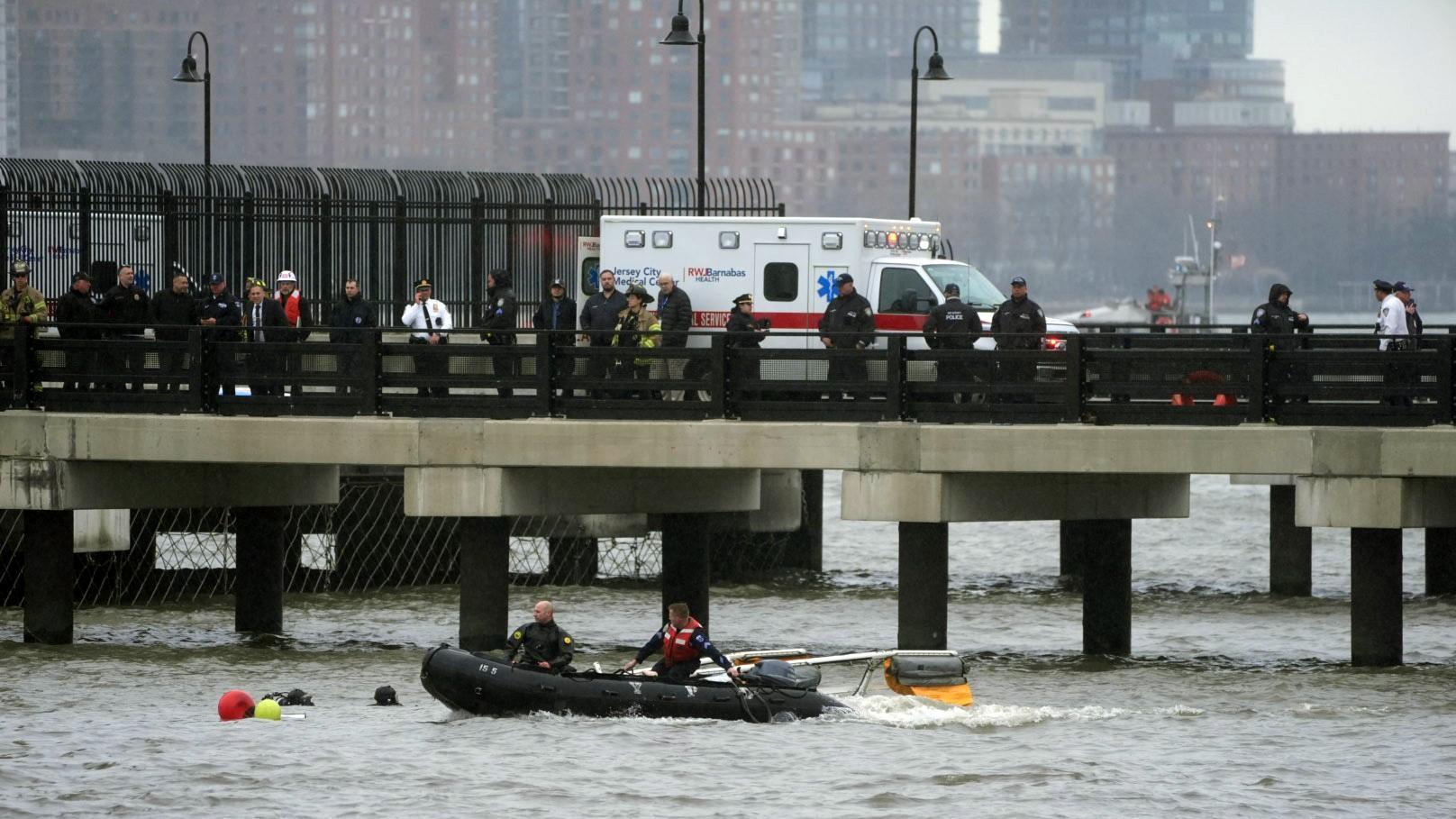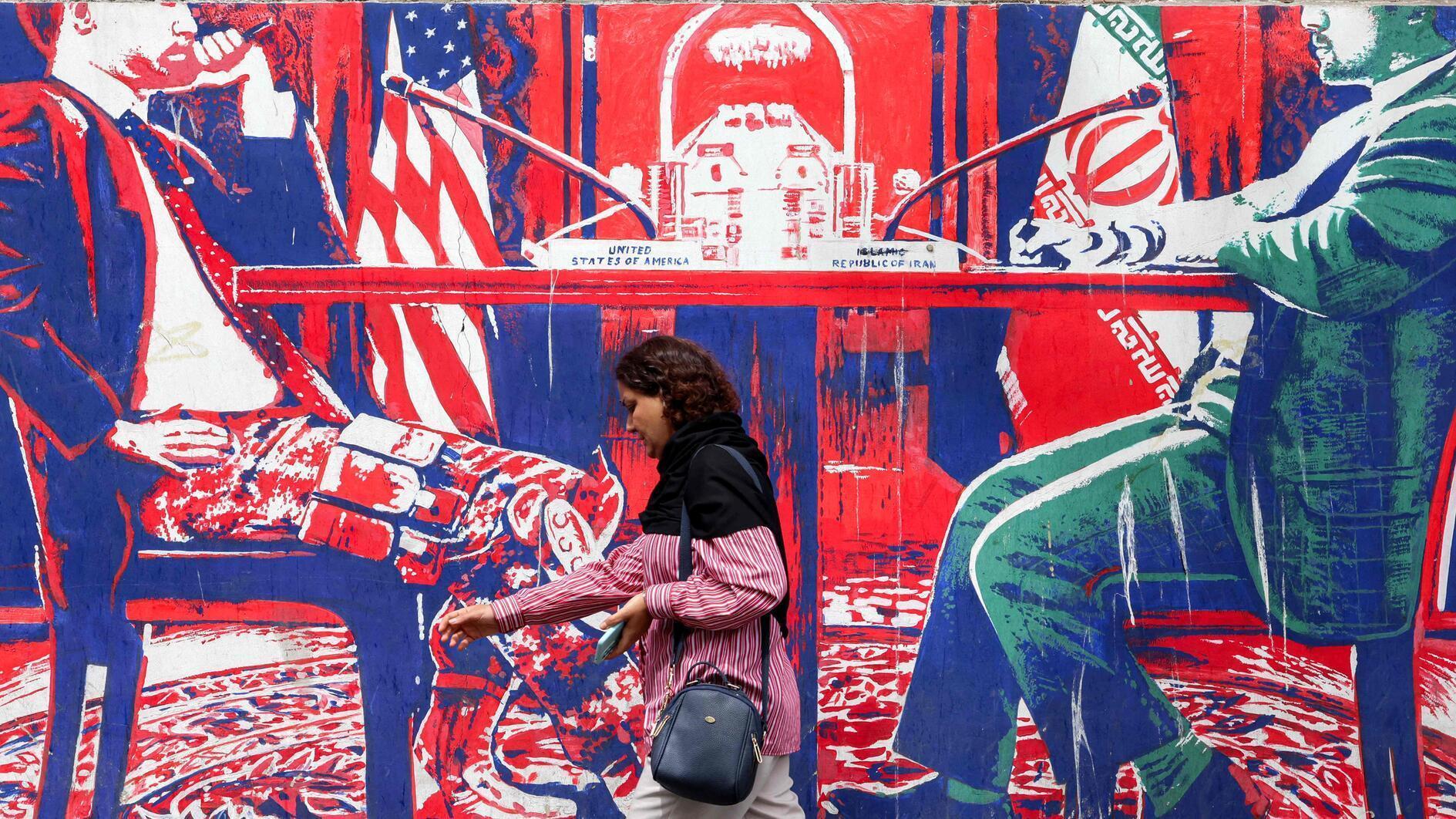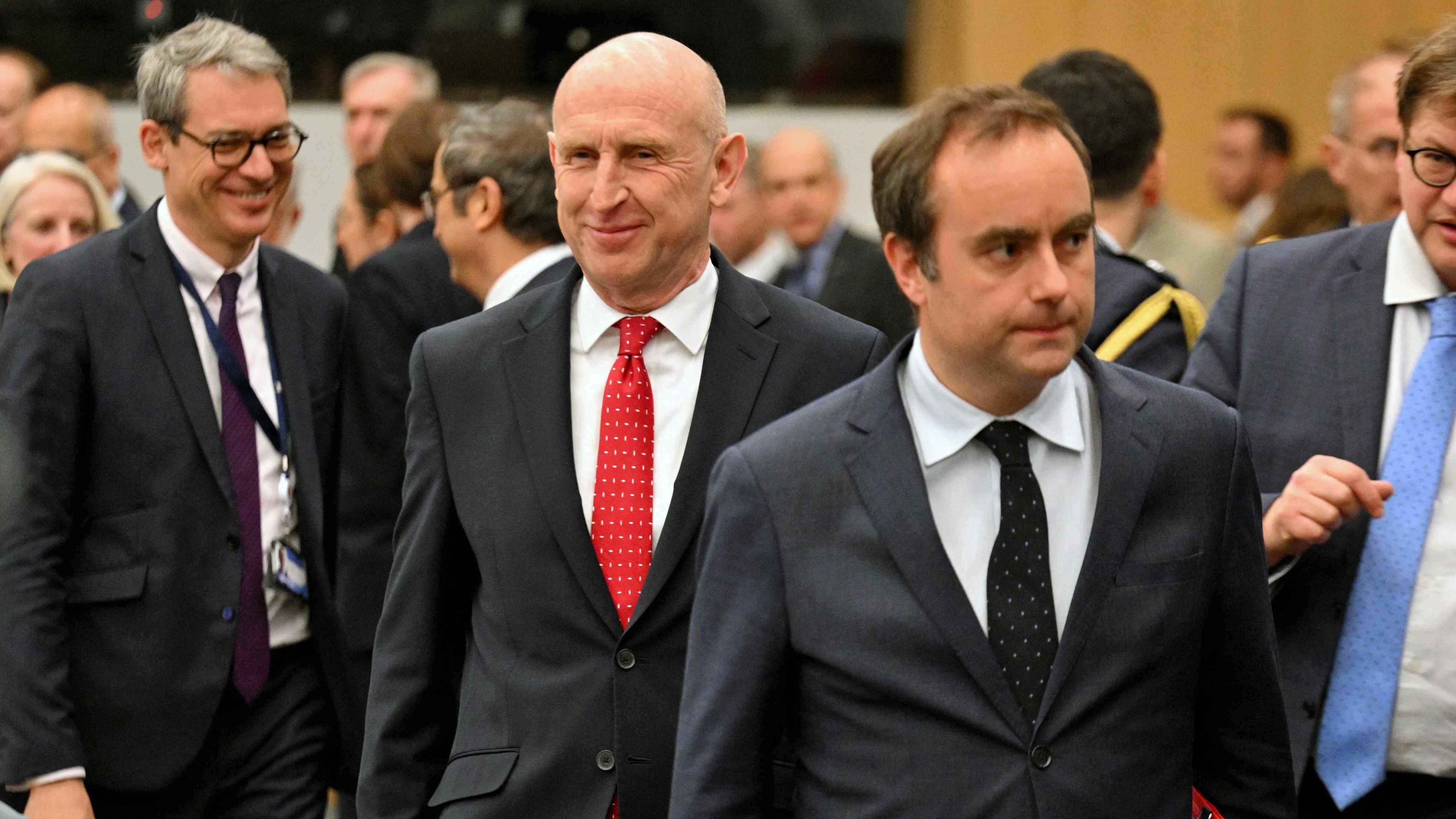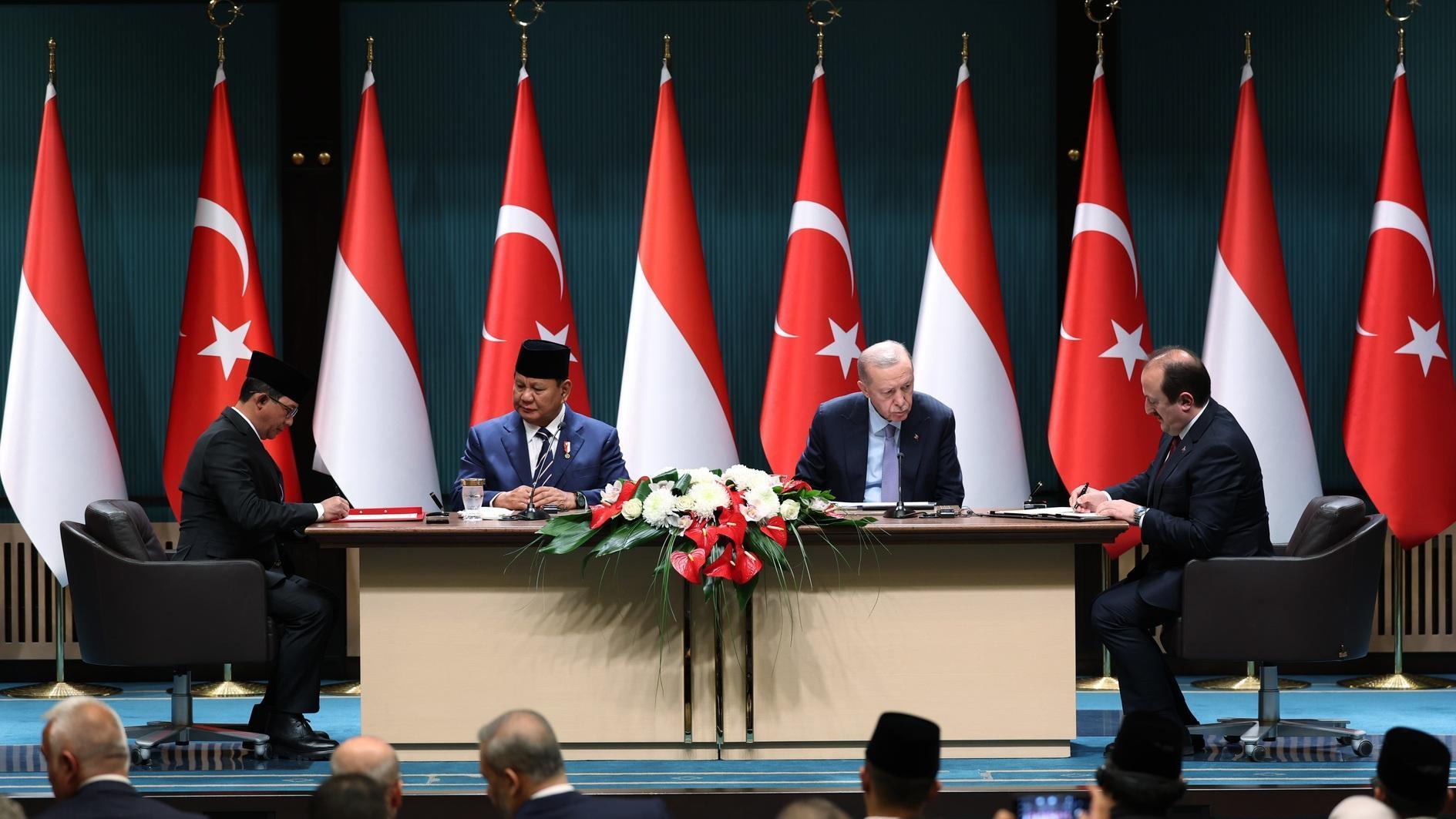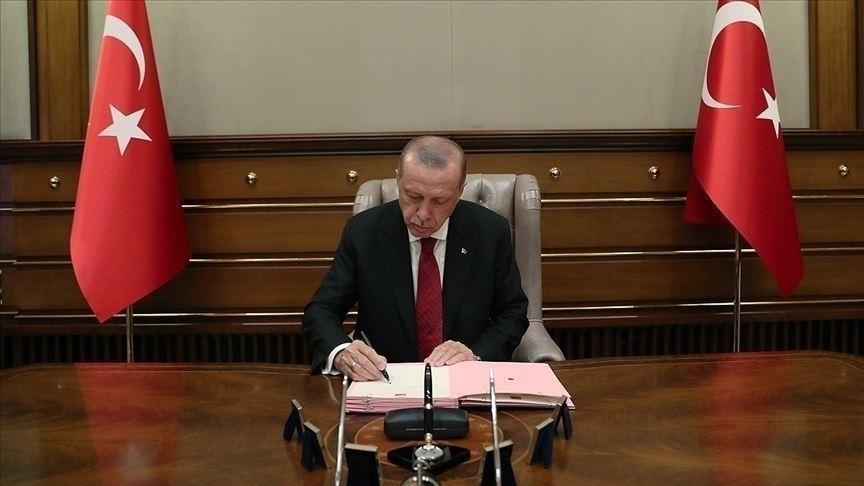Istanbul stock exchange reaches its historic high
ISTANBUL - Hürriyet Daily News
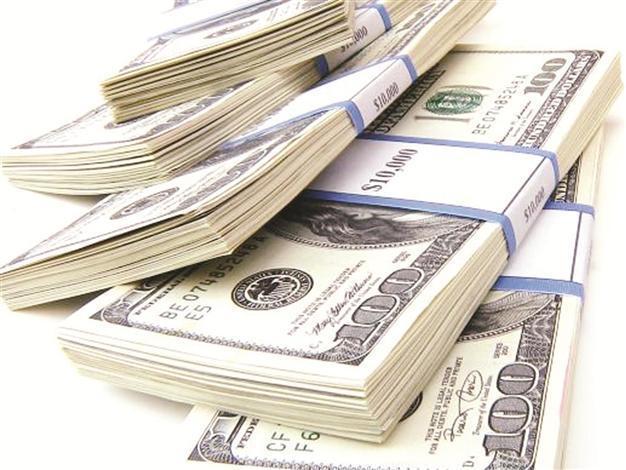
Moody’s says Turkey needs to increase its foreign exchange reserves before a rating upgrade. Hürriyet photo
The main 100 index of the Istanbul Stock Exchange (İMKB) hit a historic high yesterday at 71.717 points, surpassing the Nov. 9, 2010 record, after a two-week long climb unaffected by a nearly one-week-long public holiday.A relatively positive report by international credit agency Moody’s yesterday triggered the nearly 1.5 percent climb from Oct. 25, the day the bourse was closed before the Eid al-Adha, or Feast of the Sacrifice, holiday. The stock exchange was also closed on Oct. 29 for Republic Day.
The value of the listed companies increased to 506 billion Turkish Liras. For days markets have reflected a possible rating upgrade to the “investable” level by financial agency Fitch, which is due to hold a regional meeting in Istanbul on Nov. 8. However, Moody’s does not promise an easy rating upgrade.
Moody’s conditions
Moody’s signaled in a report yesterday that it might consider upgrading Turkey, a move long-awaited by the government. However, the agency put forth three conditions for a rating upgrade:
1. Reduction of the structural part of the current account deficit
2. Reduction of the private sector external debt
3. Further increase in foreign exchange reserves
“Moody’s most recent comments on Turkey’s credit rating appear to be balanced,” said BGC Partners analyst Özgür Altuğ in a written statement.
Moody’s rates Turkey one notch below investment grade with a positive outlook. “In fact, this is not a new statement from Moody’s, which made a similar comment a few months ago. Although the market takes any rating agency-related news flow positively these days with investment grade expectations, these conditions are not easy to achieve in the short term,” Altuğ said. “Therefore, we think that it is unlikely [we will] see an investment grade rating upgrade from Moody’s in the short term.”
Moody’s also said a history of political friction between secular and religious elements of Turkish society remains a credit challenge for the country.
“Turkey’s resilience to economic, financial and political vulnerabilities has strengthened considerably in recent years. ... Nonetheless, there are some noteworthy areas of political risk in Turkey, some of which stem from secular-religious tensions, others from longstanding regional and ethnic conflicts,” Moody’s said.
Moody’s upgraded Turkey in June to Ba1, one notch below investment grade, and maintained a positive outlook, citing improvement in public finances.
Real GDP growth is forecasted to slow in 2012 to 3 percent from 8.5 percent in 2011.
Turkey’s evaluation by Fitch is also one notch below investment grade with a stable outlook.


